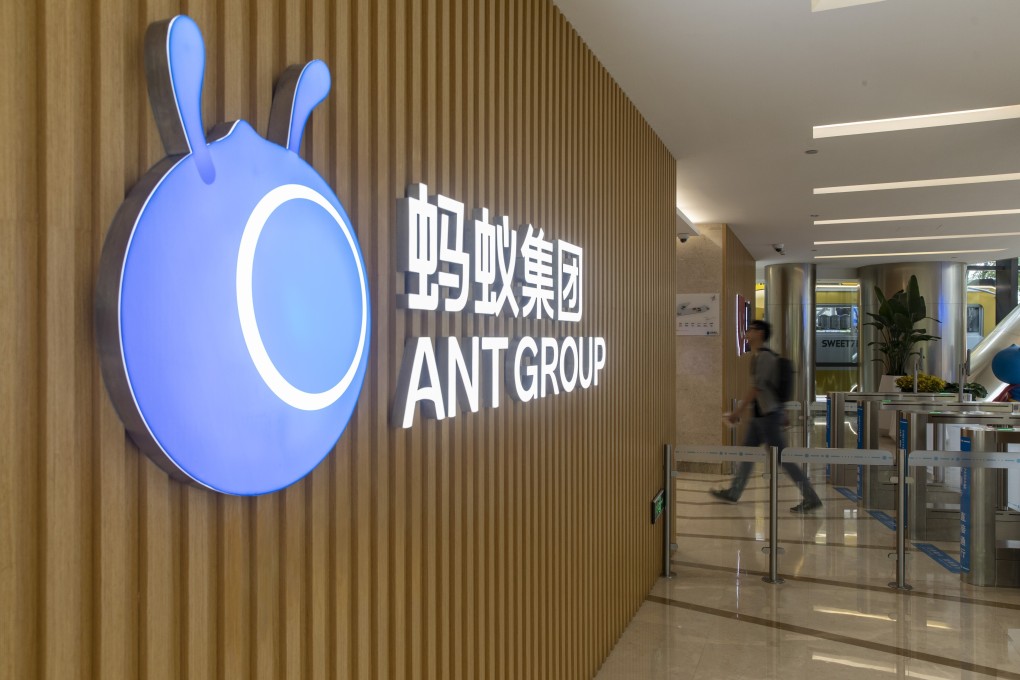Ant Group curbs support for overseas e-wallet partners in strategy rethink ahead of listing
- China’s Ant Group is said to have been cutting funding and staff support to many of the overseas e-wallet firms it has invested in
- The shift in strategy came late in 2019, brought on by a change at the helm and a reworking of priorities as it planned for its IPO, sources say

China’s Ant Group has been cutting funding and staff support to many of the overseas e-wallet firms it has invested in as it pivots away from earlier ambitions of becoming a global payments leader, people with knowledge of the matter told Reuters.
(Alibaba is the parent company of the South China Morning Post.)
It has made large cuts to the hundreds of millions of dollars it spent each year to subsidise user growth at overseas e-wallet firms offering digital payment and other financial services, and is repatriating Ant staffers, according to more than a dozen executives who work or have worked with Ant in nine countries.
All declined to be identified due to confidentiality agreements.
This year, Ant also quietly halted an ambitious plan to create a global payments infrastructure based on a common QR code system connecting all the e-wallets it has invested in, despite efforts to make it a reality throughout 2019, the sources said.